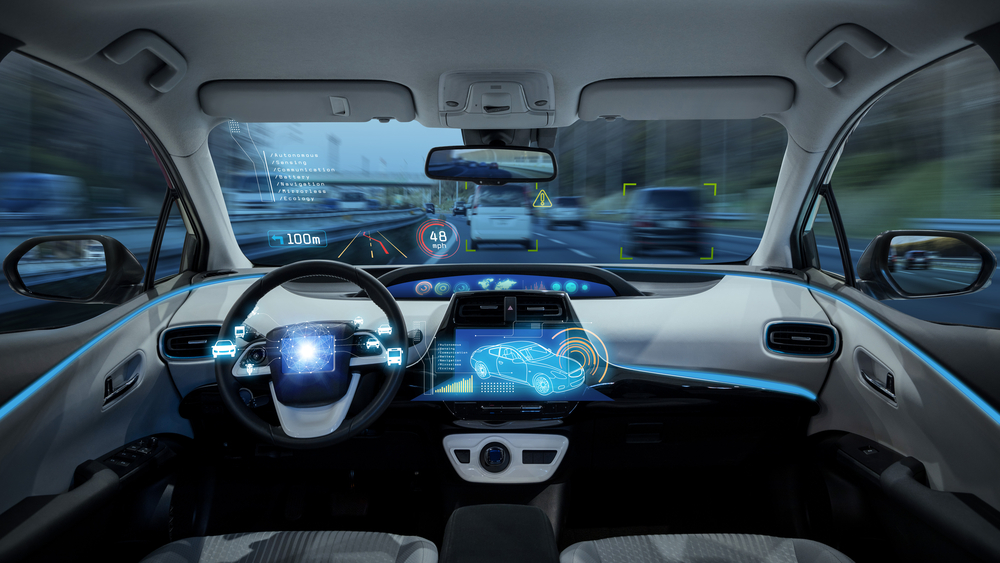The House Housing and Insurance Subcommittee held a hearing this week to examine the future of auto insurance in the era of the autonomous or self-driving vehicle.

The relationship between insurance companies, automobile manufacturers, and technology companies was discussed to gain a better understanding of how self-driving cars will be covered by insurance.
“Technology is catching up with movies like Blade Runner, Demolition Man, and Minority Report,” Subcommittee Chairman Sean Duffy (R-WI) said. “The capabilities of fully autonomous vehicles are being tested in cities across America. Auto insurance policies have already been impacted by autonomous vehicles and autonomous technology. Safety is and will be a top concern for the public’s view of autonomous vehicles, and today’s hearing was an incredible opportunity to hear about autonomous vehicles’ impact on auto insurance, data sharing, and Congress’ role as the technology continues to develop.”
In just 20 years, experts predict that self-driving carts will represent the majority of vehicles on the road. Insurers will have to adapt its practices to reflect levels of uncertainty associated with this trend.
“Key issues for … insurers in this public policy discussion relate to our ability to assess risks presented by our customers, to price that risk appropriately, and to handle claims … There is a greater understanding of the role of the insurance industry as a stakeholder in the future of these technologies. As laws expand and are amended to allow for testing and implementation of these technologies, it will be appropriate to determine how insurers can appropriately match price to risk and develop new products,” Ryan Gammelgard, counsel at State Farm, said.
Sam Geraci, vice president-strategy, American Family Mutual Insurance, said the development of automated vehicles would require regulatory changes and a partnership between technology companies, vehicle makers, insurance companies, and the government. All will have to work together to promote safety on the roads, he added.
“We appreciate the subcommittee’s efforts today and going forward because, quite frankly, we have many more questions about insuring the AV than answers. The good news is that this subcommittee is beginning to raise and address these questions and, as a practical matter, because the AV is still in a relatively early stage of development, there is no need to rush to judgment when it comes to resolving the intricacies associated with insuring these extraordinarily complex products,” Jack Gillis with the Consumer Federation of America said.
David Carlson, U.S. Manufacturing and Automotive practice leader at Marsh & McLennan, said this would be a revolutionary shift.
“Policymakers should embrace the significant social and economic benefits now, and the insurance sector must be nimble and willing to change the way it views risk and offers competitively priced enhanced insurance for the next millennium,” Carlson stated.